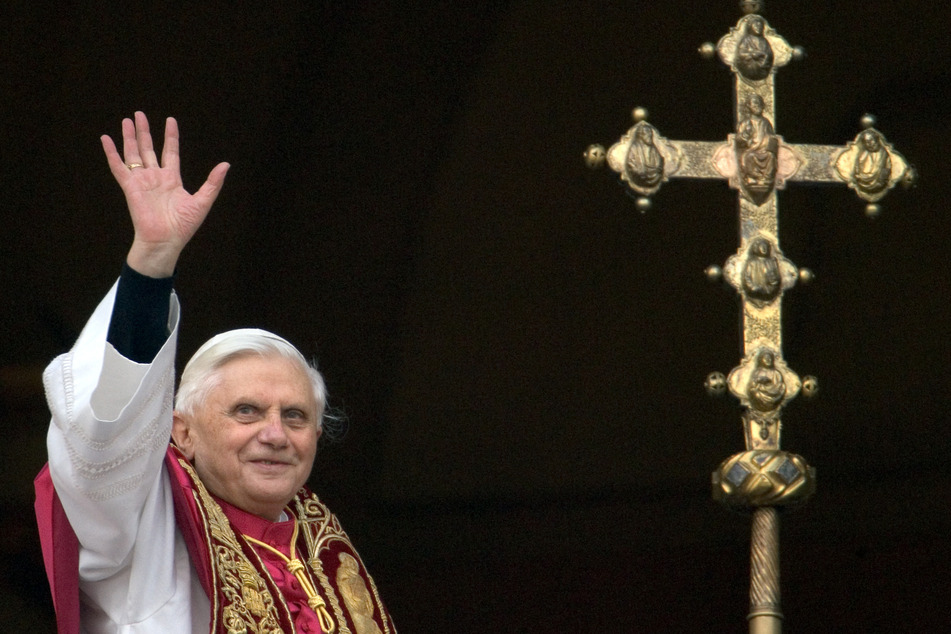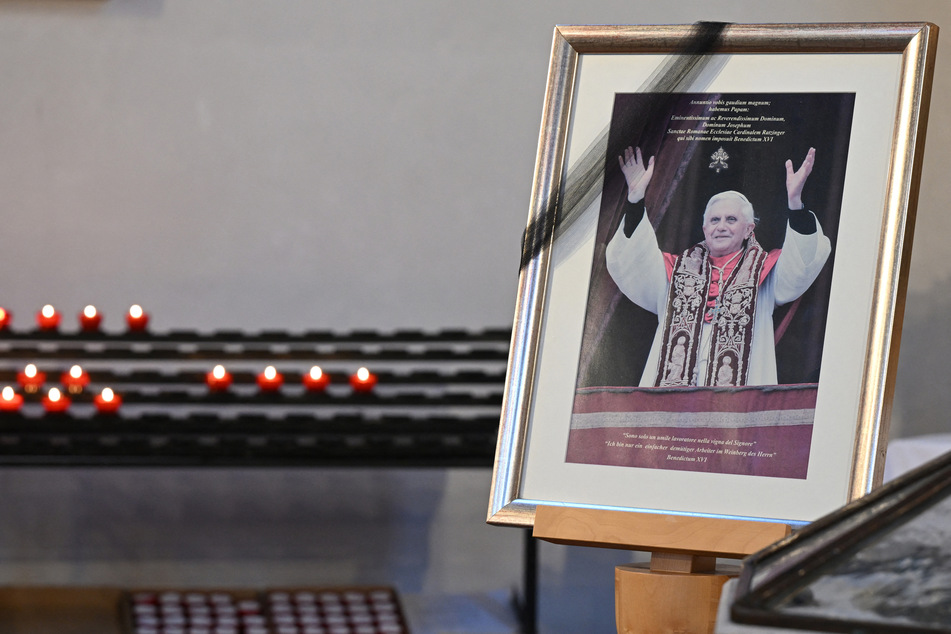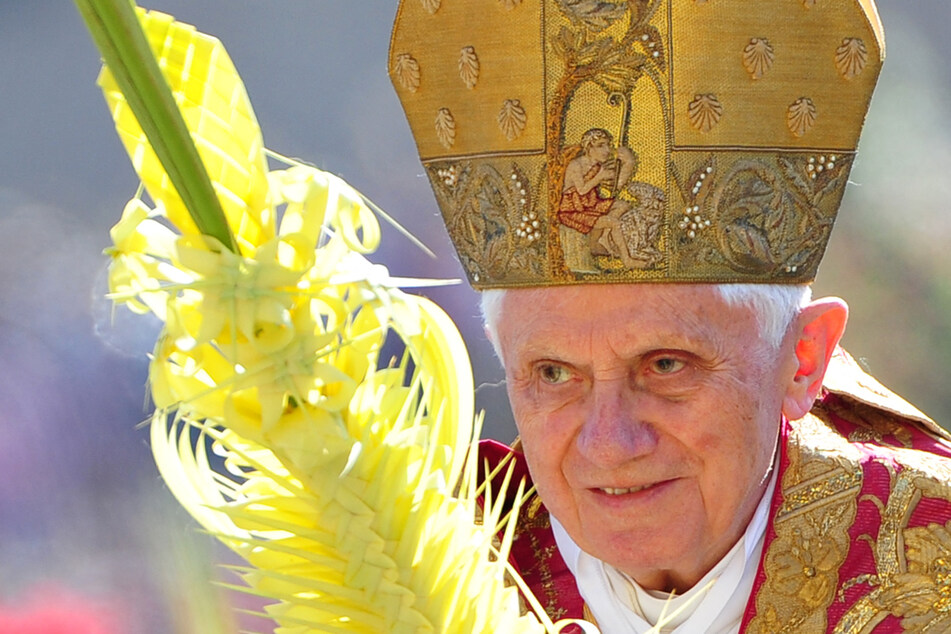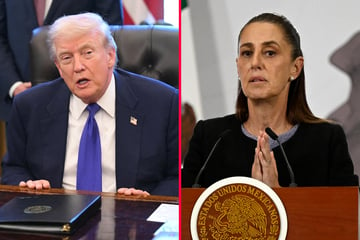Benedict XVI, first pope in centuries to resign, passes away
Vatican City, Rome - Pope Emeritus Benedict XVI, a respected German theologian whose eight-year reign was marred by the fallout from the global sex abuse scandal that rocked the Catholic Church, has died nearly a decade after he shocked the world by becoming the first pontiff to resign in centuries.

"Sorrowfully, I must announce that Benedict XVI, pope emeritus, died today at 9:34 am (0834 GMT) in the Mater Ecclesiae monastery in the Vatican," spokesman Matteo Bruni said on Saturday. Benedict was 95.
On Wednesday, Pope Francis described Benedict as being "very sick" and he urged the faithful to ask God "to comfort and support" Benedict. On the same day, the retired pope received the Sacrament of Anointing of the Sick, also known as the last rites.
The Vatican, which has released few health details about Benedict or the cause of his death, has begun to outline plans for events surrounding Benedict's funeral.
Starting Monday, Benedict will lie in state at St Peter's Basilica so that the faithful can pay their respects. On Thursday, a "solemn but simple" funeral service will be held in St Peter's Square in which Francis will lead a Mass, the Vatican said.
Bavarian-born Joseph Ratzinger had been elected pope on April 19, 2005, succeeding John Paul II. He chose the name Benedict in honor of St Benedict, the 5th century founder of European monasticism.
He was the first German pope in some 480 years. On February 28, 2013, he voluntarily resigned in a spectacular move – the first pope to do so in more than 700 years. He cited his frail health, saying he lacked the strength for the demanding job.
That cleared the way for the election of his Argentinian successor, Pope Francis.
Since then, Benedict has lived in relative seclusion at the Mater Ecclesiae monastery on Vatican grounds.
Benedict XVI's complicated legacy

Benedict's death drew an outpouring of tributes from rank-and-file Catholics to political leaders, but he also leaves behind a complicated legacy.
In his pontificate, Benedict continued the conservative course of John Paul II. He opposed modernization of the church on social issues like birth control, abortion and celibacy, earning him criticism, especially in Europe. His popularity in his native Germany waned.
Large parts of his tenure were spent dealing with scandals – first and foremost the ramifications of worldwide allegations of sexual abuse by pedophile priests. Benedict was accused of neither acting quickly nor forcefully enough to punish priests and make reforms.
In early 2022, his own failures relating to cases that took place during his time as archbishop of Munich and Freising from 1977 to 1982 hit the headlines. A bombshell report commissioned by the Munich archdiocese accused Benedict of failing to take proper action in four cases of abuse involving minors.
Upon retiring, Benedict took on the novel title of pope emeritus, pledging to "remain hidden to the world," and never challenged the authority of his successor, disappointing conservatives rattled by Francis' unorthodox style and relatively liberal leanings.
World leaders react to Benedict XVI's death

German Chancellor Olaf Scholz called Benedict a "formative figure," both for Catholics in his home country and around the world, while former chancellor Angela Merkel recalled meetings with him with gratitude.
French President Emmanuel Macron remembered him as a "a champion for a "more fraternal world."
Italian Prime Minister Giorgia Meloni said he was a "giant of faith and reason" who "will continue to speak to the hearts and minds of people."
Like many, the head of the German Bishops' Conference, Georg Bätzing, honored the late pope's religious scholarship and instruction, saying he was "an impressive theologian and experienced shepherd."
"Pope Benedict made the voice of the Gospel - convenient or inconvenient - audible," said Bätzing.
Unlike Pope John Paul II and Francis, the shy and avuncular Benedict did not have the people's touch, and attracted unfavorable nicknames in the press, such as "Panzer Kardinal," or "God's Rottweiler."
But his intellectual standing was so high that the Ratzinger prize, awarded annually by the Vatican's Ratzinger Foundation, is considered akin to a Nobel Prize in theology.
"He has influenced generations of theologians and Christians of every age," the foundation says.
Cover photo: PATRICK HERTZOG / AFP

